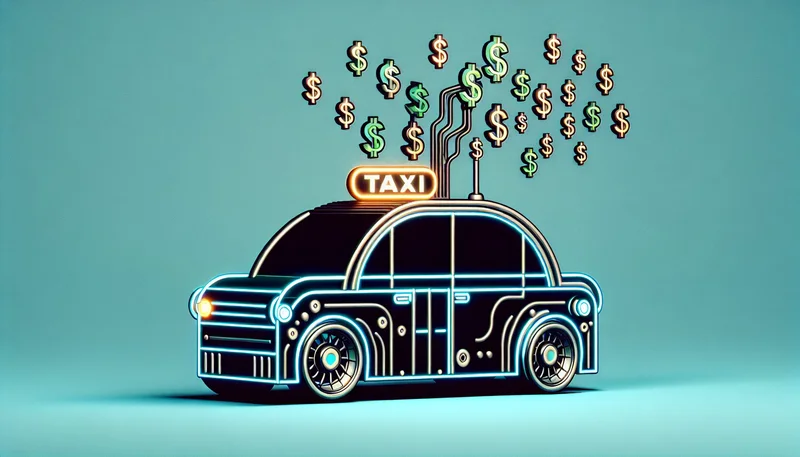Waymo Down Under: Is Sydney Ready for Robotaxis?
Alphabet's Waymo is eyeing Sydney as its next testing ground for robotaxis. They're talking to Transport for NSW, hired lobbyists, and even have a homegrown engineering head, Nick Pelly. All signs point to a serious push to get Waymo vehicles on Australian roads. But let's pump the brakes for a second and look at the numbers, because this isn't just about futuristic tech; it's about regulatory hurdles, public perception, and cold, hard logistics.
Autonomy vs. Reality: A Level Playing Field?
Waymo's touting "level four autonomy" – fully driverless. Tesla, meanwhile, launched its "full self-driving" in Australia last month, but it still needs a human babysitter. That's the crucial difference. But here’s where the marketing gets tricky. Tesla's system is available now. Waymo's is still in the "testing" phase, and even that requires regulatory approval.
A recent survey shows 47% of Australians find autonomous vehicles desirable. Sounds promising, right? But dig deeper: 74% still want the option of human control. That's a massive discrepancy. Are Australians truly ready to cede the wheel entirely, or do they just like the idea of self-driving cars with a safety net?
Waymo believes people will appreciate the safety of their technology after the first ride. That’s a bold assumption. I've looked at hundreds of consumer surveys, and that kind of immediate conversion is rare. People tend to stick to their initial biases, especially when safety is involved.

The Regulatory Roadblock: A 2027 Bottleneck?
Waymo wants legislation in place by 2026. The problem? The current framework won’t be ready until 2027. That's a year-long gap (at least!). And that's assuming everything goes smoothly. A 2016 review identified over 700 barriers to autonomous vehicle deployment in Australian laws. Seven hundred! NSW has been supportive, sure, with automated shuttles and the Dubbo Smart ute, but those are controlled trials, not widespread deployment.
Waymo is urging for Australian legislation by 2026, but the current framework won’t be ready until 2027. That's a problem. It's like ordering a pizza and being told it'll arrive an hour after you've already left for the movies. Why the rush from Waymo’s side? The answer, I suspect, lies in the capital expenditure. These vehicles are expensive. The longer they sit idle waiting for regulatory approval, the faster the investment bleeds out. Google wants to bring its driverless taxis to Sydney’s streets - The Sydney Morning Herald
Sydney or Bust? A Gamble Worth Taking?
Waymo is already testing in Tokyo and plans London operations in 2026. Sydney seems like a logical next step, especially with an Aussie engineer at the helm. But is it a strategic imperative, or a calculated gamble? They’ve partnered with ride-sharing platforms in other cities, work with Uber and Lyft in the US, and have ambitions beyond taxis. Their head of engineering is Australian Nick Pelly (a detail that, I suspect, carries more weight than they let on).
Consider this: Waymo uses Jaguar I-Pace electric vehicles retrofitted with cameras, radars, LiDAR, and inertial motion units for a 360-degree view. That's a substantial hardware investment per vehicle (easily exceeding $100,000 per unit, I estimate). They're not just building software; they're deploying a fleet. The Sydney trial, if approved, could be a watershed moment, accelerating regulatory development. But if it fails, it's a costly setback.
The Data Still Needs to Settle
Waymo's move into Sydney is ambitious, no doubt. But the data paints a picture of a company pushing hard against regulatory headwinds and uncertain public acceptance. The promise of driverless cars is alluring, but the reality of deploying them is far more complex than any marketing brochure suggests. The success hinges not just on the technology, but on navigating the intricate web of laws, public opinion, and logistical challenges. We'll see if Sydney rolls out the welcome mat, or throws up a roadblock.










